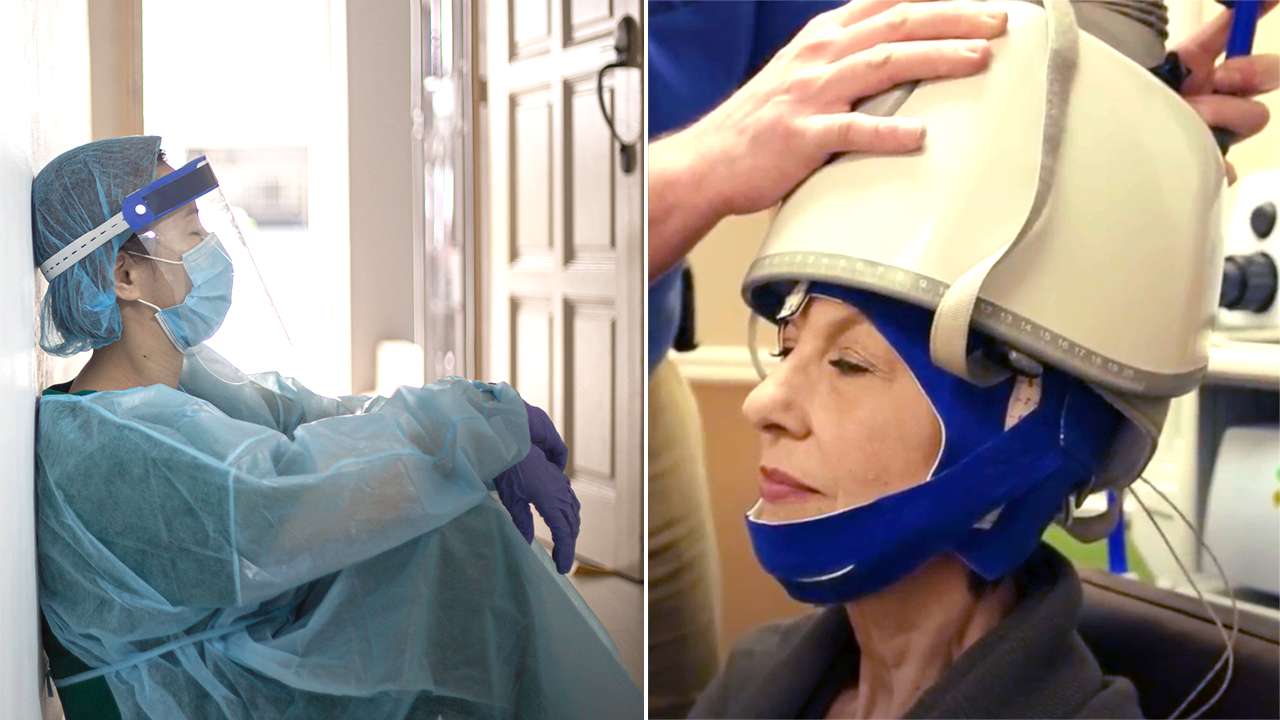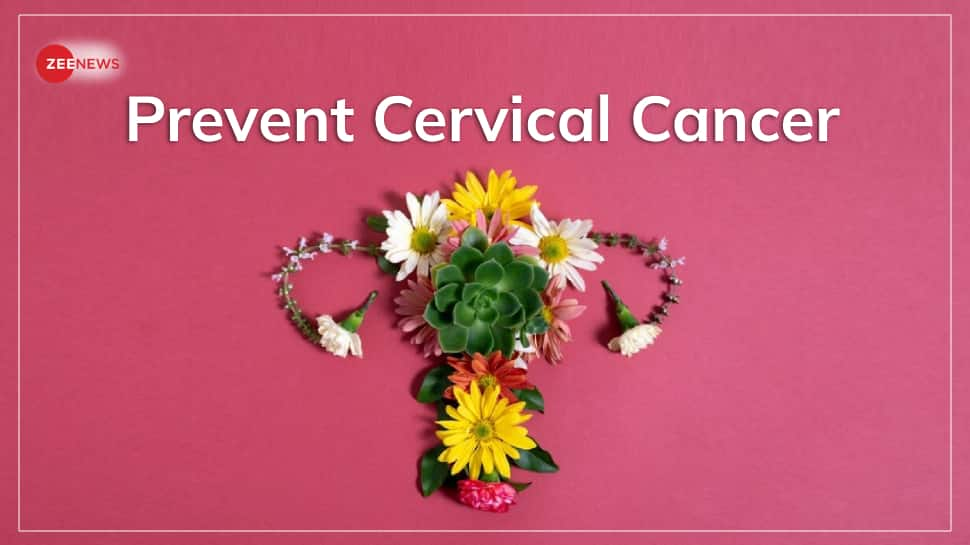Cervical cancer develops in a woman’s cervix – the entrance to the uterus from the vagina. Around 99% of cervical cancer cases are linked to infection with high-risk human papillomavirus (HPV), an extremely common virus transmitted through sexual contact, says the World Health Organization (WHO). The WHO further mentions, “Cervical cancer is the fourth most common cancer in women. Effective primary (HPV vaccination) and secondary prevention approaches (screening for, and treating precancerous lesions) will prevent most cervical cancer cases.”
Steps To Prevent Cervical Cancer
On Cervical Cancer Awareness Month, Dr Pooja Mehta, Director – Unit Head Department of Obstetrics & Gynecology, Marengo Asia Hospital, Gurugram, shares some key steps, that she says can reduce the risk of cervical cancer:
1 Quit Smoking
Kicking the butt can help boost the immune system and reduce the risk of cervical cancer and other health problems.
2. Exercise Regularly
Regular exercise can help boost energy, mood, and the immune system. In cancer patients, doing exercise daily will help to reduce the stress of cancer and its treatment. Several studies have shown that cancer patients who do regular exercise can greatly improve physical and mental health during every phase of treatment.
3. Avoid Consuming Birth Control Pills
Washing hands or using hand sanitiser often can reduce the risk of infection. Avoid consuming birth control pills as it associated with an increased risk of cervical cancer.
4. Avoid Multiple Sex Partners
Women who tend to have multiple sexual partners are at a higher risk of getting cervical cancer because a higher number of partners increases the chance of a person’s exposure to HPV. So, it is always advisable to have safe sex methods.
Also Read: Cervical Cancer: All About Human Papillomavirus And Vaccination – Read Details
5. Regular Pap Smear Or Screening
Regular pap smear and liquid-based cytology after the age of 30 years for HPV is advised. The Pap test and the HPV test can help prevent cervical cancer or find it early.
6. Make Dietary Changes
Consume plenty of fruit, vegetables and healthy food to prevent the risk of cervical cancer. Obese women are more likely to develop cervical cancer. Women whose diets are low in fruits and vegetables are also at higher risk of developing cervical cancer
“Though cervical cancer can strike anyone at any age, one should be aware of the changes that occur in the body and report abnormalities on an immediate basis,” says Dr Pooja Mehta.














































